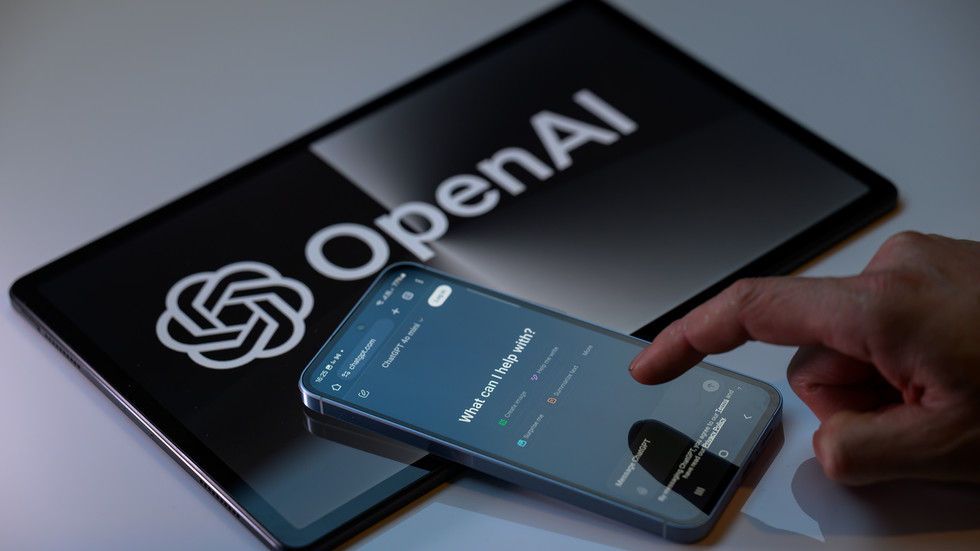Unveiling the AI Revolution: How the US Government is Adopting Cutting-Edge Technology
The dawn of the artificial intelligence (AI) era is upon us, and it’s not just the tech giants that are riding this wave. The US government is actively exploring innovative applications of artificial intelligence to enhance efficiency, security, and public service delivery. This AI revolution marks a significant shift in how governance functions, poses new challenges, and raises pivotal questions about the future of technology in society.
The Landscape of AI in Governance
As artificial intelligence continues to evolve, it presents an unprecedented opportunity for the US government to streamline operations, optimize resource allocation, and improve decision-making processes. Various federal agencies are experimenting with AI technologies to tackle complex issues ranging from national security to public health.
- Data Analysis: AI systems can process vast amounts of data at incredible speeds, enabling agencies to derive insights that were previously unattainable.
- Predictive Analytics: By analyzing historical data, AI can help forecast trends, assess risks, and make informed predictions that aid in policy development.
- Automation: Routine tasks can be automated, freeing up human resources for more critical functions that require emotional intelligence and nuanced understanding.
Key Areas of AI Implementation
The US government is piloting AI initiatives in several key areas, showcasing the versatility and potential of this technology:
1. National Security
In the realm of national security, AI is transforming how intelligence is gathered and analyzed. The Department of Defense (DoD) is investing heavily in AI technologies to enhance cybersecurity, improve surveillance capabilities, and support military operations. For instance, AI-powered drones and reconnaissance systems can analyze enemy movements in real-time, providing commanders with critical information to make tactical decisions.
2. Healthcare
The COVID-19 pandemic highlighted the need for efficient healthcare systems. The Department of Health and Human Services (HHS) is leveraging AI to improve healthcare delivery and public health responses. AI algorithms are being used to analyze health data, predict outbreaks, and optimize resource allocation in hospitals, ensuring that care is delivered effectively and efficiently.
3. Environmental Protection
AI is also playing a crucial role in environmental monitoring and management. The Environmental Protection Agency (EPA) is harnessing AI to track pollution levels, predict climate change impacts, and optimize waste management practices. By utilizing AI, the government can make data-driven decisions that promote sustainability and protect natural resources.
Challenges and Ethical Considerations
While the adoption of AI by the US government presents numerous benefits, it also raises several challenges and ethical considerations that must be addressed:
- Data Privacy: The use of AI often involves processing large datasets, which can include sensitive personal information. Ensuring data privacy and security is paramount to maintaining public trust.
- Bias in Algorithms: AI systems are only as good as the data they are trained on. If the data contains biases, the AI will perpetuate those biases, leading to unfair outcomes in critical areas like law enforcement and hiring.
- Transparency: The opacity of AI algorithms can lead to a lack of accountability. It is essential for the government to ensure that AI systems are transparent and that their decision-making processes can be audited.
Public Perception and Acceptance
As the government embraces AI, public perception plays a crucial role in the successful integration of this technology. Many citizens are skeptical about the implications of AI in governance. Concerns about job displacement, privacy violations, and the potential for misuse of AI technologies are prevalent.
To address these concerns, the government must engage in open dialogues with the public, fostering an environment of education and transparency. Initiatives aimed at demystifying AI and illustrating its benefits can help in building public trust.
Looking Ahead: The Future of AI in Governance
The trajectory of AI in the US government is poised for growth. Strategic investments in AI research and development will likely lead to enhanced capabilities across various sectors. As AI technologies mature, we can expect to see:
- Integration of AI and Human Intelligence: A hybrid approach that combines the strengths of AI with human creativity and empathy could lead to better decision-making in governance.
- International Collaboration: As AI is a global phenomenon, international cooperation among governments can foster shared knowledge and best practices, ensuring ethical AI use.
- Legislative Frameworks: The establishment of robust legal frameworks to regulate AI deployment will be essential in addressing ethical concerns and ensuring accountability.
Conclusion
The AI revolution is reshaping the landscape of governance in the United States. As the government adopts cutting-edge technology, it is essential to navigate the associated challenges while maximizing the benefits. By fostering transparency, addressing ethical concerns, and engaging with the public, the US government can pave the way for a future where AI enhances the efficiency and effectiveness of public service delivery.
Ultimately, the AI revolution is not just about technology; it’s about reimagining the relationship between citizens and their government, ensuring that technology serves as a tool for empowerment, progress, and a brighter future for all.
See more Future Tech Daily

